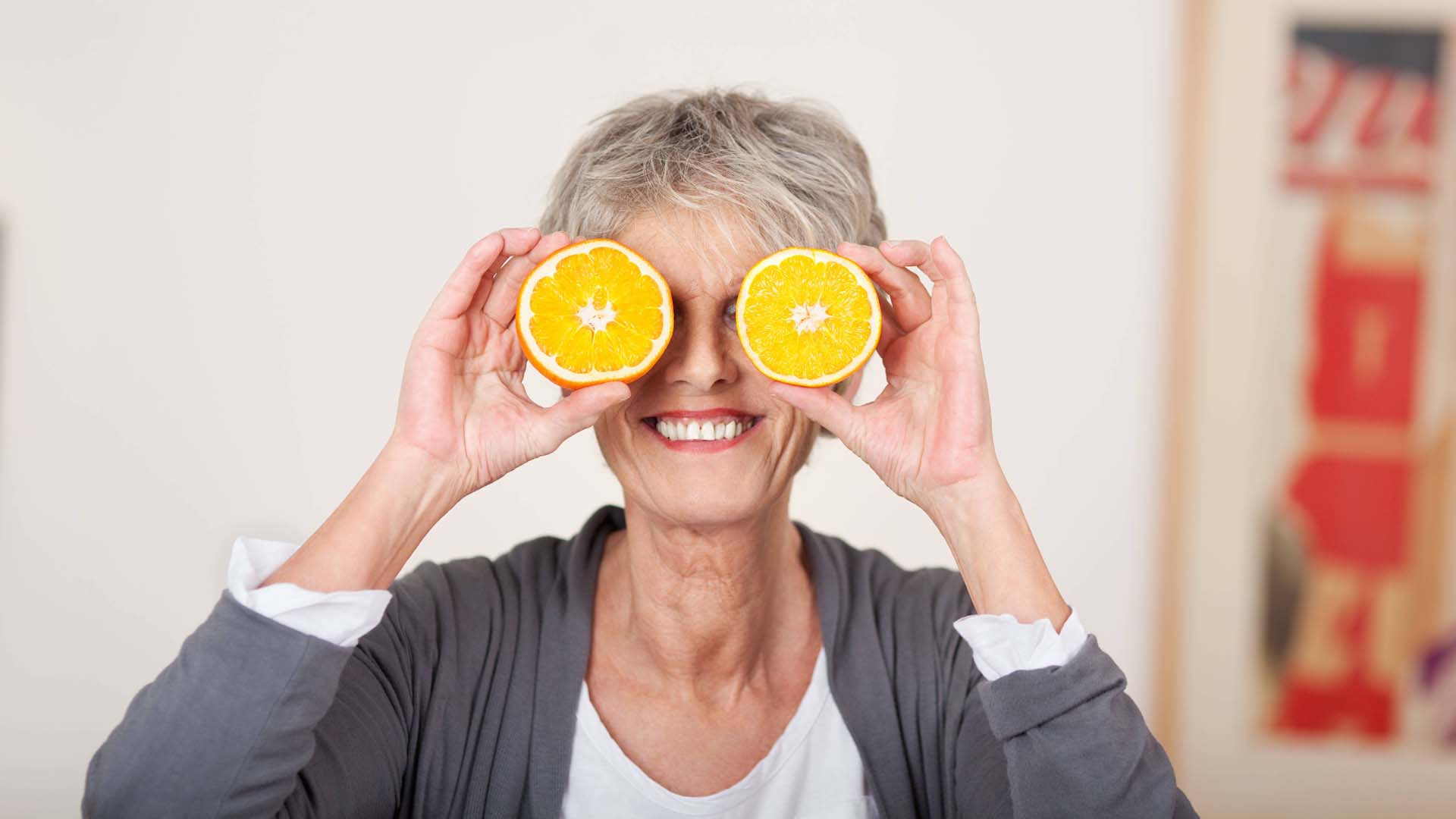Health & Wellbeing
Our experts show you simple and effective ways to stay healthy and active, so you can live your passions every day.

Vitamin D: are you taking the right kind?
We explain the difference between D2 and D3 and if a higher dose is always better.

The 7 signs you need a new pillow
Sleep experts say a worn out pillow could be sabotaging your sleep.

RSV vaccine: over 80s can finally get their free jab
At last – people over 80 are eligible for the RSV vaccine after a government change of heart.

How I helped rebuild my mum and dad
Rhoda and Michael Stephen were facing increasing ailments and a lack of mobility in their eighties. Until they took up weightlifting.

How our brains change at 66 and 83
We examine the science and how to best look after our brain as we get older.

I tried fermented food for a month and this is what happened
Is eating fermented good for you? Our writer gave it a go for four weeks, with some mixed results.

7 best foods for eye health – are you eating them?
A dietician reveals which foods can help protect vision and prevent age-related eye conditions.

Dr Mark Porter on how to treat Achilles tendonitis
The best way to treat a sore Achilles tendon, by our medical expert.

Foods that may shorten your lifespan
Here’s what the experts say, plus simple swaps to help you stay stronger and healthier.

Yoga vs Pilates - what's the difference and which is best?

The secret to longevity: the science behind a long life
New studies reveal that you don’t build longevity through dramatic life overhauls, but through tiny daily changes that all add up.

The crucial signs of a stroke, and who's at risk
Facial weakness, a sudden headache and dizziness can all be signs of a stroke, we've got the facts from an expert.

Unlock better sleep: These seven changes transformed my nights

Are pomegranates the new superfood for older people?
The 6 surprising health benefits of pomegranates as we age.

For a limited time, enjoy 3 issues of Saga Magazine for just £1. Receive the next 3 print editions delivered direct to your door, plus 3 months’ unlimited access to the Saga Magazine app—perfect for reading on the go.
Don’t miss your chance to experience award-winning content at an exceptional price.
Play our free daily puzzles
Beat the boredom and exercise your mind with our selection of free puzzles.





